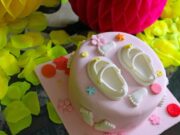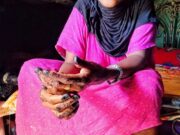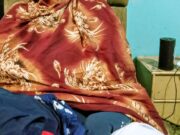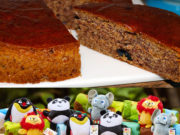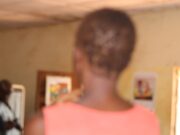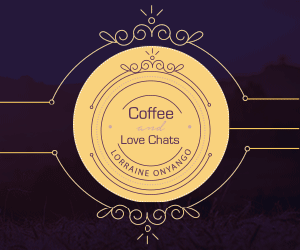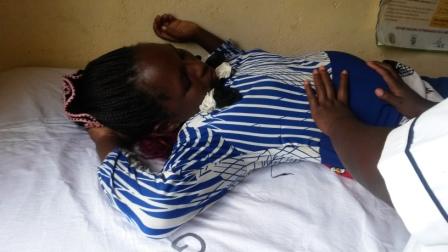
According to Dr. Mutiso, eating some of these items could result in bowel blockage (intestinal obstruction) which may necessitate surgery. In some cases, the non-food items may cause poisoning –especially lead poisoning. He adds that the complications are not limited to the mother only, but the baby as well.
“It could lead to the premature birth of the baby. Some babies are born with a low birth weight while others are born with nutritional anaemia. In some cases, babies also get poisoned as toxins can be passed on from mother to baby through the placenta.”
Dr. Mutiso says that severity of the consequences depends on the nature of the substances ingested, the amount that is taken in, and the frequency with which it is eaten. Unfortunately, there is no known medication or drug therapy to stop this eating disorder. If a pregnant woman is experiencing such cravings, she is advised to see a doctor or nurse about it.
“Health workers are able to give such a woman nutritional education as well as take her through a thorough understanding of the potential risks for her and her baby. In addition to psychological counselling, the woman should be helped to work out a behaviour change plan which will help her ignore, control or avoid the non-food items altogether. For example, she should stop carrying these non-food items in her handbag and stop stocking them at home,” says Dr. Mutiso.
To the women who believe that as long as they take plenty of water after eating the non-food items then there will be no harm to the body, Dr. Mutiso urges them to ignore such myths and instead focus on the medical facts.
“The fact is that these non-food items are of no benefit to the body at all, so there is no point in eating them. Pregnant women must clearly understand the potential harm these substances may cause to them and their baby –even though not immediately, but possibly in the long run. They should simply stay away from them.”
I learnt alot from my interviews with both Kitheka and Dr. Mutiso. I hope you’ve learnt something new too. Share this information with pregnant women you know.
For more pieces on safe motherhood, follow Mummy Tales on Facebook and Twitter



